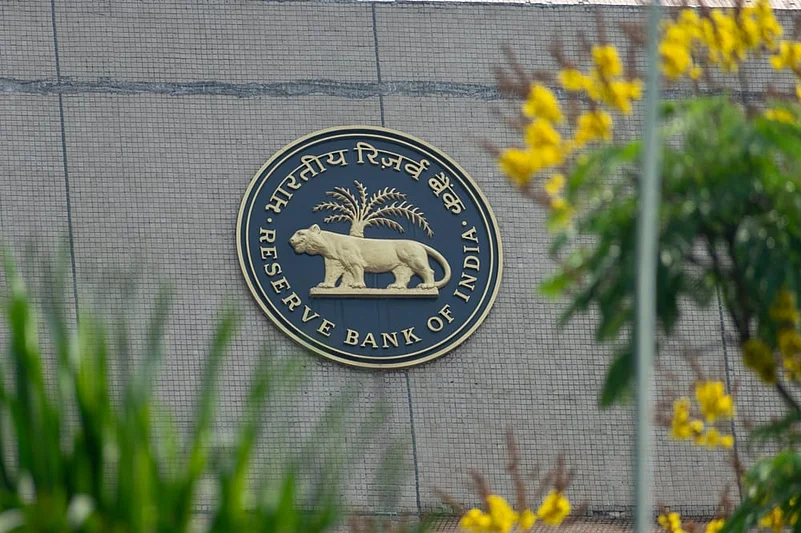In a move to curb financial fraud, The Reserve Bank of India has issued a revised framework relating to Domestic Money Transfers, which is set to come into force on November 1, 2024, with an overall objective of strengthening the existing framework introduced in 2011. This revision is timely and comes at a period when, during the last decade, there has been an enormous increase in outlets of the banking sector, remarkable progress in payment systems, and fulfilling KYC requirements has also become easier.
The key changes, though indispensable to the system, are likely to cause some inconvenience to users:
1. Cash Pay-out Service: Remitting banks are now required to obtain and maintain a record of the beneficiary's name and address. This may be viewed as intrusive but is imperative for tracing the trail of money in an absolute must-have fraud-tracking mechanism under the DMT framework.
2. Cash Pay-in Service: The remitters will have to be compulsorily registered through a verified mobile number and self-certified 'Officially Valid Document (OVD)' in adherence to KYC norms. Every transaction will involve an AFA for added security and protection from unauthorized access. The remitting banks/BCs have to adhere to the Income Tax Act provisions regarding cash deposits, which may cause some delays in processing transactions as they monitor large cash transactions and detect suspicious activities.
3. Transaction Details: In the case of all IMPS/NEFT transactions, details of the remitter shall be embedded in the message, with an identifier indicating that the transfer is cash-based. This may look like an unneeded addendum to the transaction message, yet it will improve the traceability of funds and facilitate investigation by enforcement agencies in case of fraud.
4. Card-to-Card Transfers: These shall remain outside the purview of DMT. They will be regulated separately since they have different risks and requirements compared with cash-based remittances.
As this move by RBI on DMT impacts business correspondents in one way or another, Yashwant Lodha, co-founder of PayNearby and a business correspondent, commented, "The new guidelines reaffirm the need for Domestic Money Transfer, especially for Bharat customers, to complement digital payments in today's era. The new KYC requirements are consistent with RBI's stance on tighter KYC to prevent fraud and misuse. We also believe these guidelines will help standardize and elevate the customer experience across various touchpoints."
The RBI stated that the move had to be made since the financial world is ever-changing and financial crimes have become very sophisticated. As of now, a good number of digital alternatives for fund transfers are at the disposal of users, therefore requiring changes to the regulatory framework to stay in step with the development.









